Seeds – When choosing the best vegetable seeds for your garden, learn how to read seed packets to ensure that you plant the seeds in the right location and provide for the needs of the particular variety of the plant. Dill generally likes full sun and moderate soil and can grow with limited water.
Direct Sow – It’s great to learn how to start seeds and know when to start seeds indoors and when not to. Dill does not transplant well, so the direct sow method works best. Growing dill indoors is possible but not recommended as it requires artificial lighting about 10 hours a day, making the process inefficient.
When to Sow – Sow dill seeds using the direct sow method into your vegetable garden, herb garden, or container garden in early spring after the last frost.
Succession Planting – Sow dill seeds every 3 weeks from early spring to mid-summer to reap a continual harvest throughout the growing season.
Companion Planting – Since dill is an attractive yellow flower, beneficial insects love visiting it. Insects like hover flies, ladybugs, damsel bugs, lacewings, and parasitic wasps enjoy dill flowers. All of the beneficial insects that dill attract prey on garden pests like aphids, white flies, red spider mites, and cabbage worms. Plant dill near kale, lettuce, tomatoes, beans, broccoli, cabbage, Brussels sprouts, cauliflower, cucumbers, melons, radishes, squash, peas, or potatoes. Sprinkle dill seeds in with these other plants. Conversely, planting dill near carrots actually stunts the carrots’ size, has the potential to cross-pollinate, and attracts carrot flies. Do your research to learn the ins and outs of companion planting in the vegetable garden.
Soil – Plant dill in well-draining soil. It doesn’t need overly rich soil, so if you amend your soil in the fall, then it is ready for dill in the spring. No need to give extra compost, fertilizer, or other amendments when sowing seeds. Plant the seeds 6mm to 12mm deep, about 12mm apart, with the rows 3 inches apart. The best soil temperature for germination lies between 16°C and 21°C.
Sun – Dill prefers full sun. Plant dill in a location with at least 6-8 hours of sun a day.
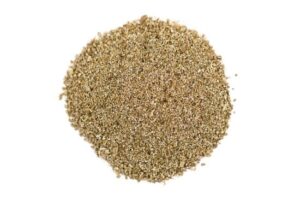 Vermiculite - Fine Grade 10L
Original price was: R60.00.R49.00Current price is: R49.00. incl VAT
Vermiculite - Fine Grade 10L
Original price was: R60.00.R49.00Current price is: R49.00. incl VAT
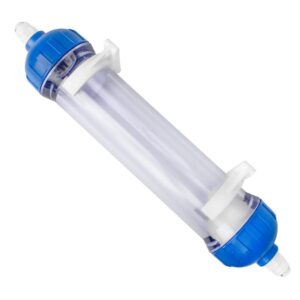 Ram Inline DI Resin Water Filter
Original price was: R610.00.R590.00Current price is: R590.00. incl VAT
Ram Inline DI Resin Water Filter
Original price was: R610.00.R590.00Current price is: R590.00. incl VAT
Dill – Heirloom Seeds
R32.00 incl VAT
Dill is an annual herb in the celery family Apiaceae. It is native to North Africa, Iran, and the Arabian Peninsula; it is grown widely in Eurasia, where its leaves and seeds are used as a herb or spice for flavouring food.
3 in stock
Additional information
| Weight | 0.01 kg |
|---|---|
| Dimensions | 1 × 1 × 1 cm |

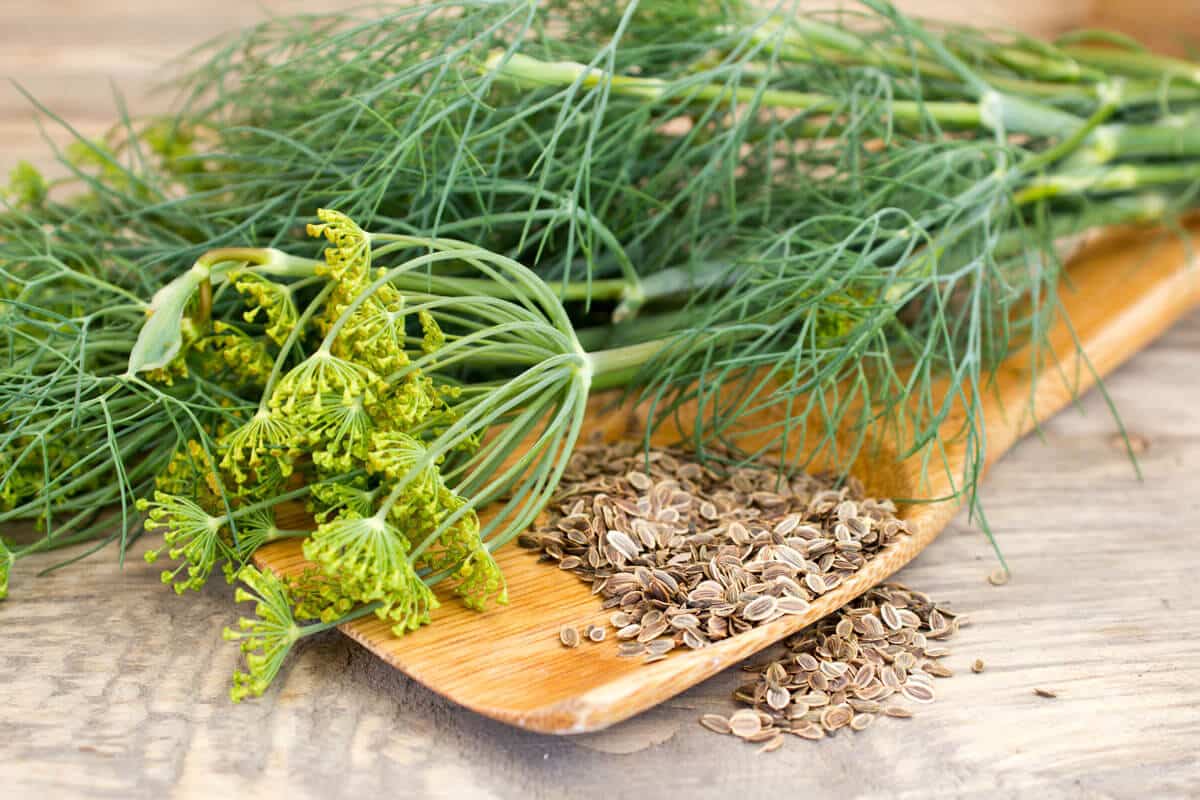
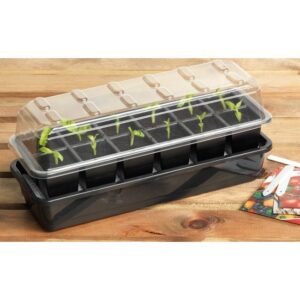
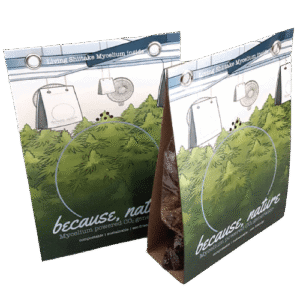
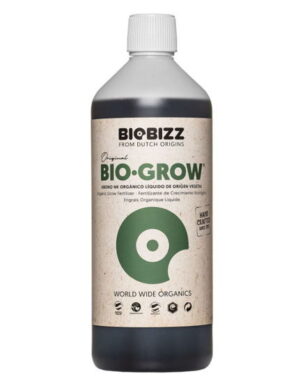
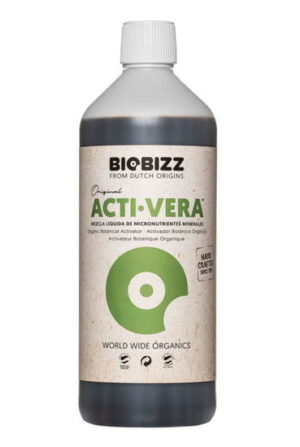
Reviews
There are no reviews yet.